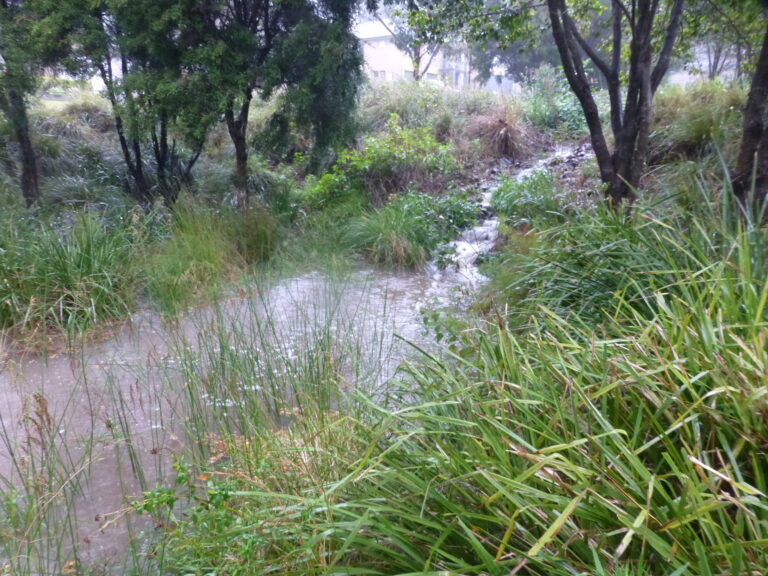It’s was once considered an amazing human innovation. Aerate some petroleum into a light weight but solid material and presto we have a product that can be used for insulation, for packaging, in building foundations, in car panels, you name it, polystyrene has become a go to product for industry. But it has a dark side and after all these years, it’s been getting a bad name, such that for many people it’s no longer their product of choice. To get rid of it comes with issues that many would rather sidestep, so this story is good news.
In: Polystyrene-eating superworms may help develop new ways to dispose of waste, Elaine Ford (ABC 10 June 2022), writes: A snacking superworm that loves to eat polystyrene may hold the key to helping recycle plastic waste with a bacterial enzyme in its gut, researchers say.
Key points:
- Superworms, which are not technically worms as they have legs, are the insect larvae of the darkling beetle,
- Scientists are trying to extract and sequence all the DNA from the microbes of the superworm’s gut,
- It is hoped scientists will be able to develop a kind of “synthetic superworm” to help break down waste at an industrial level.
Lead researcher, Queensland University’s Dr Chris Rinke said the next step for researchers would be studying those enzymes in the lab in greater quantities, which was “probably going to take a few years”.
“Then we can even think about some enzyme engineering to make them even more efficient and faster — then I think they will be ready for industrial applications,” he said.
This is yet another example of how working with nature can deliver outcomes that are simple and elegant. To read the full story, visit: Superworms and the darkling beetle
Next time we take a walk along a bush track at Munibung Hill and we come across some what might look like ordinary beetle, who knows one day they might be the answer to yet another problem we created that needs to be sorted out. The wonders of nature never cease to amaze the curious and the scientist in the lab.



